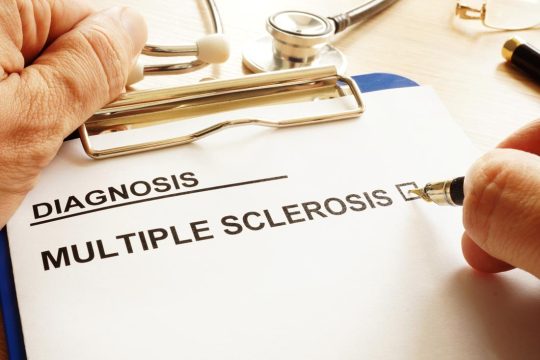Advertisment
Corticosteroid treatment for late preterm delivery lowers neonatal respiratory complications

by Bruce Sylvester: Researchers report that corticosteroids treatment of mothers at risk for late preterm delivery significantly reduces the incidence of severe respiratory complications in their babies.
“Our study demonstrates that administering a medication that is commonly used to prevent complications in babies born before 34 weeks of gestation can also reduce the risk of many serious complications in babies delivered just a few weeks before term,” said lead investigator Cynthia Gyamfi-Bannerman, MD, MSc, associate professor of women’s health (in obstetrics and gynecology) at Columbia University Medical Center in New York. “This will transform the way we care for mothers at risk for late preterm delivery,” she added.
The study was published on Feb. 4, 2016 today in the New England Journal of Medicine.
As background, the authors noted that corticosteroids are widely used in mothers at risk of delivering before 34 weeks of gestation. This treatment accelerates lung development, so that the new born can more effectively clear fluid and absorb oxygen. Some research has suggested that corticosteroids were unnecessary for later preterm births because 99 percent of babies born after 34 to 35 weeks survive. Other research has suggested that babies born during the ‘late’ preterm period newborn (34 and 36 weeks) are at an increased neonatal and childhood respiratory complications compared with newborns born at term (37 weeks or later).
The investigators enrolled just over 2,800 women with a singleton pregnancy at 34 weeks 0 days to 36 weeks 5 days of gestation who also were at high risk for delivery during the late preterm period (up to 36 weeks 6 days).
The subjects were randomized to receive two injections of betamethasone or matching placebo 24 hours apart.
The investigators reported that babies of mothers received betamethasone achieved a significantly lower rate of severe respiratory complications shortly after birth when compared with babies whose mothers received a placebo (P=0.02).
Notably, neonates from the treatment group had significantly lower rates of bronchopulmonary dysplasia, a condition that increases the risk of chronic lung disease during childhood.
The investigators also reported that babies whose mothers received betamethasone were significantly less likely to require a long-term stay in the hospital’s neonatal intensive or intermediate care unit, or need supplementary respiratory treatments like surfactant.
“While survival among late preterm infants is comparable to that of babies born at term, the rate of respiratory problems and other serious complications in this group is not comparable and remains unacceptably high,” said Gyamfi-Bannerman. “Expanding the use of a well-studied, safe medication to improve lung development before birth offers a means of preventing many of these complications.”





